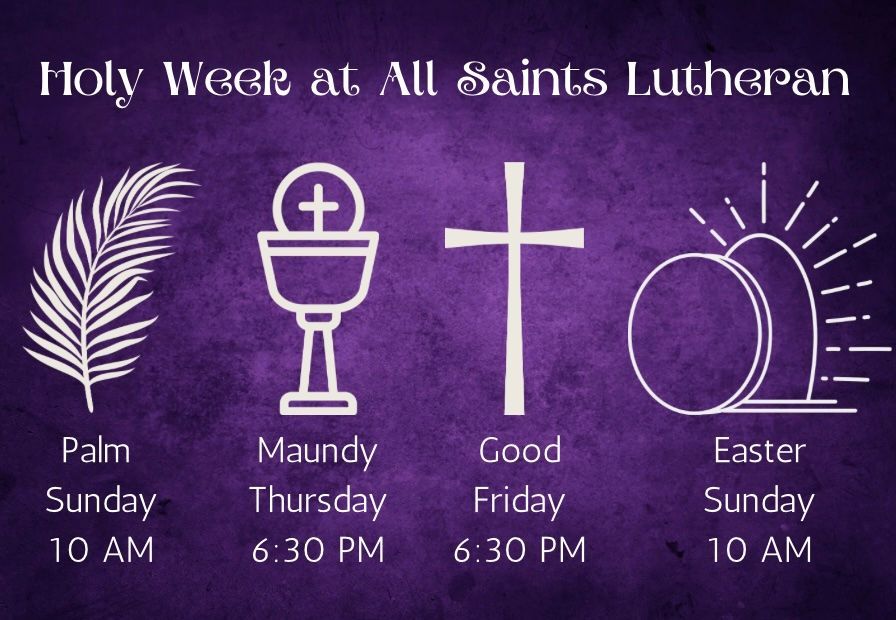Sermon for Pentecost A, May 28, 2023
I have found
that few things make me feel older
than trying to raise a teenager.
I have found myself
starting sentences with,
“Back in my day…”
or,
“I cannot believe you’re wearing that!”
I have found myself having to explain
why I say, “hang up the phone,”
why we “film a video,” or “rewind it.”
Popular music
tends to tap dance on my last nerve.
I don’t really get the appeal of TikTok.
And when did Crocs
and wearing socks with sandals
become the height of fashion
instead of the depths of declassé?
And then there is the lingo.
I haven’t found the
elder-millennial-to-Gen-Z
function on Google Translate yet,
and quite often,
my son and I feel like
we are speaking different languages.
And if the many recent polls and studies are correct,
the Church has the same problems.
We aren’t speaking the same language
as most of the country.
Worship attendance has continued to decline
even after pandemic restrictions,
even if you count folks who livestream,
and the number of folks who say
that religion is an important part of their lives
has dropped to the lowest levels
since pollsters have been asking the question.
Something about the way
we preach and practice the gospel message
is getting lost in translation.
Folks have received our message
and they have understood
that this message
is not for them.
We can say “all are welcome,”
we can update our sign,
we can broadcast on Facebook,
we can build out our website
and social media presence;
we can take out billboards,
radio spots,
sponsor ads on social media,
and run multimillion-dollar ads during the Superbowl,
but the message is not getting through.
Maybe that’s because
it’s time to listen.
We have lamented that young folks have left the church.
We have tried and tried
to tailor our message to “the youth,”
to young families,
hoping that they would hear us
and come running.
And when they didn’t
we have sulked in our sense of rejection
instead of hearing how the Spirit
is speaking to us
through them.
We have heard the mighty rushing wind
as so much white noise.
We have seen the holy flames
and decided to be fire marshals.
We have heard the voice of the Spirit
challenge our power and position
from the mouths of children
and supposed they were being brainwashed
by critical race theory
or gender studies
instead of bearing witness
to the Spirit waging justice
for all races and genders.
But Peter reminds us
that it is our sons and daughters
who will prophesy to us
when God pours out the Spirit on all flesh.
It is enslaved men and women who will prophesy.
It is the voice of the young,
the marginalized,
the oppressed,
the foreigner,
the other
who calls us to hear the Spirit
and become what God is calling us to be.
Beloved,
our neighbors have not rejected Jesus.
Our neighbors have rejected the church.
We are the ones who seem drunk now,
at 10 in the morning;
drunk with power,
drunk with money,
drunk with guns,
drunk with patriarchy,
drunk with heterosexism.
We have tried to use the gospel
to shape others,
to mold them to look like us,
think like us,
act like us,
speak like us.
But that is not how the Spirit works.
On that day of Pentecost,
the Spirit came with understanding,
with unity.
The Spirit spoke the language of their hearts,
their mother tongues.
The Spirit helped them see and understand each other
with new eyes
and newly opened hearts.
The Spirit crossed the boundaries
between race and nationality,
between language and culture,
between covenant and convert,
to expose their common humanity,
a humanity shared by God in Christ,
a humanity redeemed in resurrection,
a humanity restored to relationship
with God
and with each other.
The Holy Spirit
does not call us to be about the work
of shaping others
to look like us,
think like us,
act like us,
speak like us.
The Holy Spirit
calls us to be about the work
of changing ourselves.
Thomas Keating
speaks of this work
as recognizing that there is
an other,
those who do not look like us,
do not think like us,
do not act like us,
do not speak like us.
Then the Holy Spirit empowers us
to become the other,
to shape ourselves to their needs,
to really see and understanding the other,
to living in solidarity with the other,
until at last
there is no other.
The cold, hard truth
is that too many have looked at the Church
and not found a people transformed
by this solidarity.
The Holy Spirit
is calling us
to find the gospel message
hidden in the lives of our neighbors—
in our young and old neighbors,
in our rich and poor neighbors,
in our Christian and non-Christian neighbors,
in our natural-born and immigrant neighbors,
in our white, black, brown, and indigenous neighbors,
in our queer and straight neighbors,
in our male, female, trans, and nonbinary neighbors—
and to shape a common life together.
The question we must ask ourselves
about the future of the Church
is not “How do we do a better job
of appealing to young people?”
The question is,
“How does the Church do a better job
of really seeing and understanding
the lives of young people,
and how can we grow in solidarity
with them?”
May this Pentecost be a new birth for the Church.
May God send forth the Spirit
that we may be recreated
and renew the face of the earth.
May we learn to hear
the language of the other
and understand it with our hearts.
Come Holy Spirit!
Amen.








